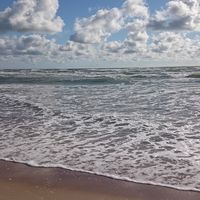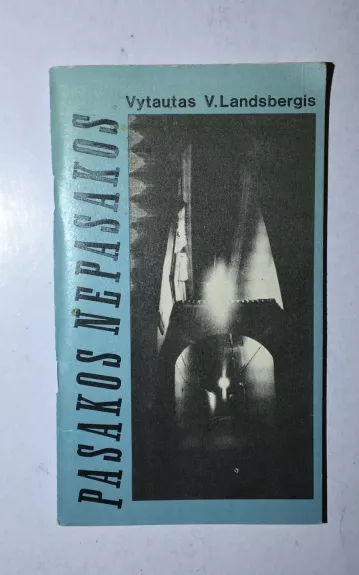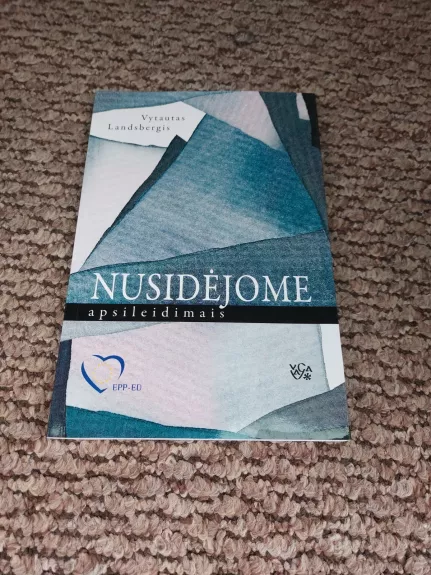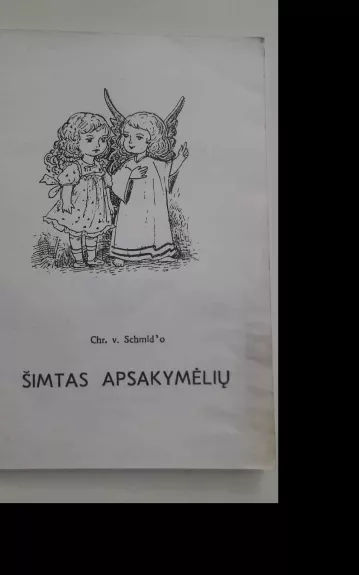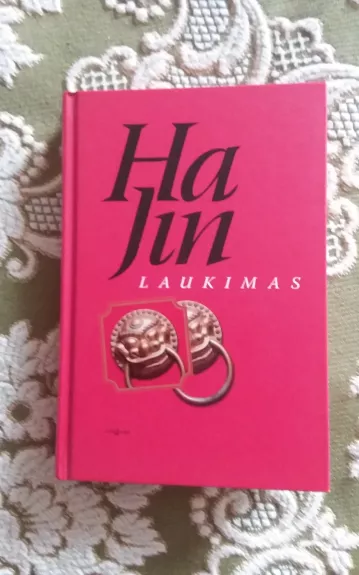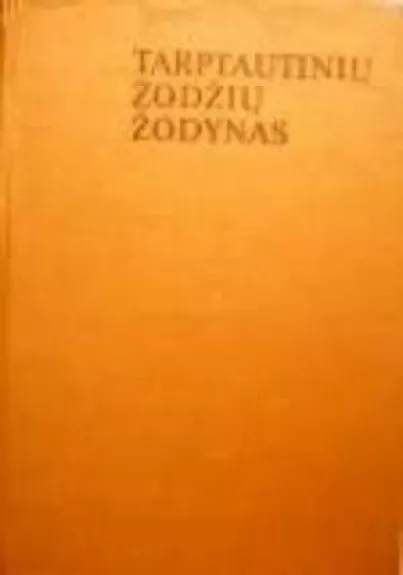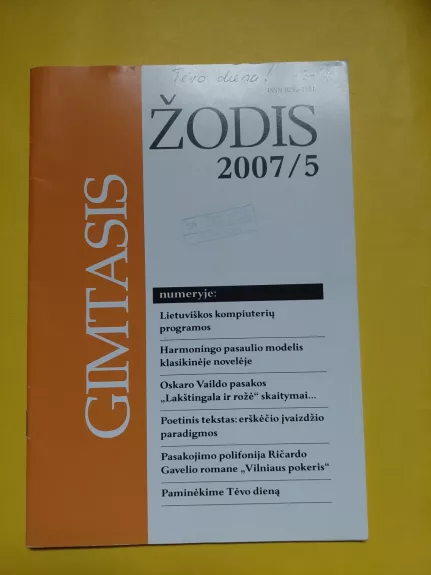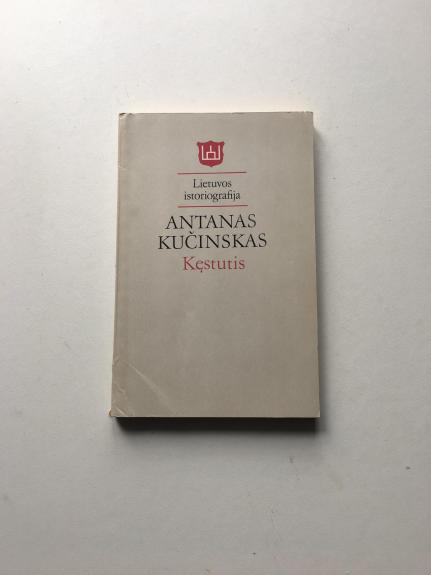Combat: The War with Japan
The decision by Japan to attack the United States remains controversial. Study groups in Japan had predicted ultimate disaster in a war between Japan and the U.S., and the Japanese economy was already straining to keep up with the demands of the war with China. However, the U.S. had placed an oil embargo on Japan and Japan felt that the United States' demands of unconditional withdrawal from China and non-aggression pacts with other Pacific powers were unacceptable.[3] Facing an oil embargo by the United States as well as dwindling domestic reserves, the Japanese government decided to execute a plan developed by the military branch largely led by Osami Nagano and Isoroku Yamamoto to bomb the United States naval base in Hawaii, thereby bringing the United States to World War II on the side of the Allies. On September 4, 1941, the Japanese Cabinet met to consider the war plans prepared by Imperial General Headquarters, and decided:
Our Empire, for the purpose of self-defense and self-preservation, will complete preparations for war ... [and is] ... resolved to go to war with the United States, Great Britain, and the Netherlands if necessary. Our Empire will concurrently take all possible diplomatic measures vis-a-vis the United States and Great Britain, and thereby endeavor to obtain our objectives ... In the event that there is no prospect of our demands being met by the first ten days of October through the diplomatic negotiations mentioned above, we will immediately decide to commence hostilities against the United States, Britain and the Netherlands.
The Vice Admiral Isoroku Yamamoto, the chief architect of the attack on Pearl Harbor, had strong misgivings about war with the United States. Yamamoto had spent time in the United States during his youth when he studied as a language student at Harvard University (1919–1921) and later served as assistant naval attaché in Washington, D.C. Understanding the inherent dangers of war with the United States, Yamamoto warned his fellow countrymen: "We can run wild for six months or maybe a year, but after that, I have utterly no confidence."[4]

